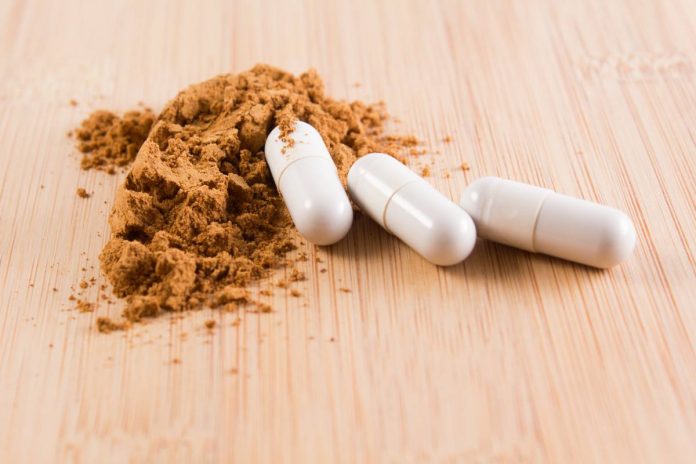
If you enjoyed an energy drink recently, chances are it contained an ingredient known as guarana (Paullinia cupana). This plant, which is native to the Amazon rainforest, is the source of a substance associated with several health benefits, along with some cautionary notes.
What is guarana?
Guarana is a Brazilian plant that is highly regarded by natives for its healing qualities. The mature fruit of this climbing vine is bright red and the size of a coffee berry. The black seed in the berries is a significant source of the stimulants caffeine, theobromine, and theophylline, as well as the antioxidants catechins, saponins, and tannins.
Health benefits of guarana
Kills bacteria. It’s been suggested that caffeine, along with tannins or catechins found in guarana, are the source of its antibacterial properties. However, what has been shown is that guarana can kill Escherichia coli and Streptococcus mutans, bacteria that can cause diarrhea and tooth decay, respectively.
High in antioxidants. The various antioxidants found in guarana can help fight cell and tissue damage related to free radical activity.
Boosts mental energy and focus. The high caffeine content of guarana (the seeds contain up to six times more caffeine than coffee beans) can help increase mental energy, reduce fatigue, and improve focus. A study that compared the use of vitamins with guarana and a placebo group found that those who consumed the guarana had less fatigue.
Read about 8 ways to fight fatigue and boost energy
Improves memory and learning ability. Research has indicated that low doses of guarana (i.e., 37.5 or 75 mg) improved learning ability and did so better than higher doses. The authors suggested that this shows that compounds other than caffeine are providing this benefit. In a study that compared the brain-enhancing compound ginseng with guarana, the use of the latter resulted in faster testing times and better concentration.
May aid weight loss. The high caffeine content in guarana may accelerate metabolism by as much as 11 percent during a 12-hour period and thus aid weight loss. Guarana’s impact on fat cell production, however, is not clear.
Enhance heart health. You’ve probably heard of bad cholesterol (aka, low-density lipoprotein LDL), and guarana may reduce oxidation of this harmful substance, according to research. The antioxidants in guarana also may improve blood circulation.
Skin health. Some cosmetics contain guarana, as the antioxidants may reduce skin damage associated with age, minimize wrinkles around the eyes, and reduce sagging skin in your cheeks.
Help digestive problems. Do you experience constipation or diarrhea? The tannins in guarana may help with diarrhea since they are astringent. Low doses of guarana can have an anti-diarrheal effect. High doses (and thus more caffeine) may help with constipation.
Read about caffeine: healthy or health risk?
Cons of guarana
When consumed in amounts typically found in foods or in the short-term for medicinal purposes, guarana is usually safe for most adults. In a 2019 review, the authors noted that “guarana is not currently known to be associated causally with any serious health risks when consumed properly” and that “if guidelines for caffeine intake are respected,” using guarana is “not likely” to cause harm.
However, high doses (more than 400 mg of caffeine daily), long-term use, or use by individuals who have certain health challenges may cause mild to severe side effects. These can include stomach irritation, nervousness, vomiting, and insomnia. Individuals who have specific conditions such as bladder control problems, diabetes, bleeding disorders, heart disease, high blood pressure, glaucoma, irritable bowel syndrome, or seizures may experience reactions associated with their health issues.
Bottom line
Guarana is a natural remedy that may provide significant health benefits when used wisely. You can find guarana in energy drinks and as a supplement (pills, capsules, powder), but in all cases, be aware of the caffeine content.




